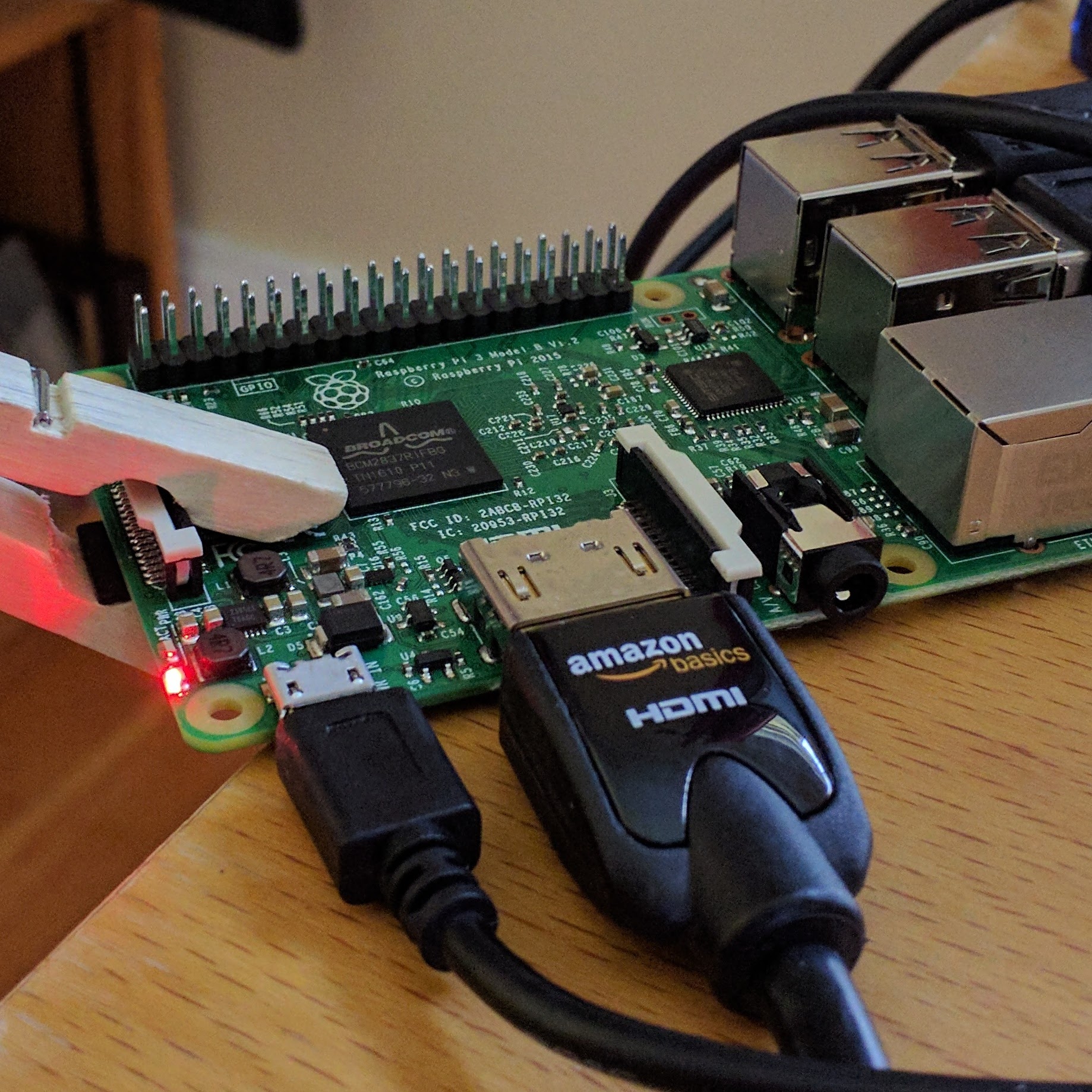Tag: GitHub
-
Hacktoberfest 2017
I had my IB students sign up for Hacktoberfest which is open to everyone in the global community! The learning target was to learn how to participate in the global open source software development community. Seen here, the first student with a shirt awarded for making four pull requests between October 1–31 in any timezone.…
-
Using GitHub In Your Classroom
I continue to work with GitHub in my classes. What I was working on when I ran across this article, Why version control is required for Comp 20 at Tufts University, is the outcome and justification. It was a bit more for me to work with while I organize and plan for Continuous Improvement in…
-
Introducing an on-demand course in GitHub basics
from GitHub If you’d like to start using GitHub or just see what it’s all about, we’re kicking off a new way for you to learn the basics. Introduction to GitHub is a self-paced, online class designed to help you: Get started using GitHub.com in 30 minutes or less. Make new friends while collaborating on…
-
Students: Get Free Developer Tools Through GitHub
It pays to be a student. via readwrite Hacking new technologies can be time-consuming … and expensive. So to help students create technical projects or learn how to use new tools, social coding site GitHub and a handful of technology partners have created theGitHub Student Developer Pack that provides access to 14 developer tools for…
